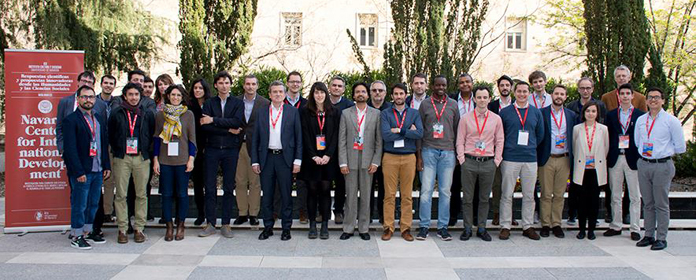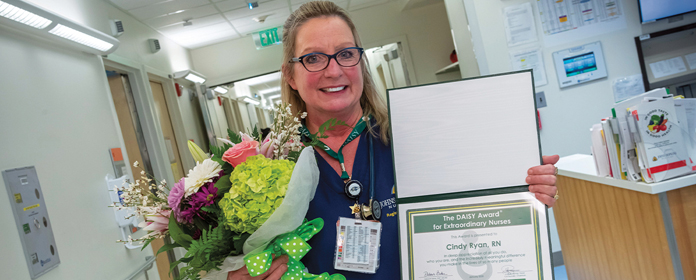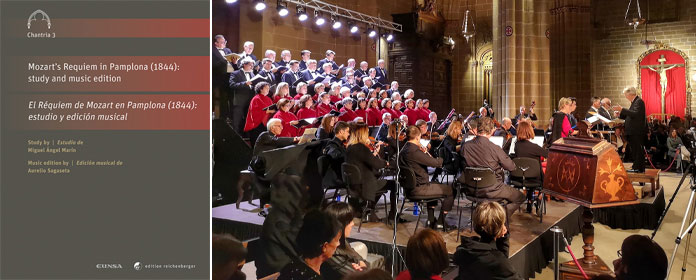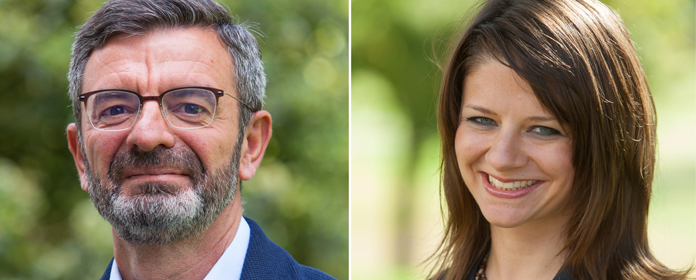13 international experts discuss Economics policy development at the 8th NCID Research Workshop
The main speaker of this activity framed in the ICS and held at the Ramón Areces Foundation was Romain Wacziarg, PhD in Economics by Harvard and currently Full Professor at UCLA.

PHOTO: Alejandro Amador
13 international experts discussed the Economics policy of development at framework of the 8th NCID Research Workshop at the University of Navarra. Among them was the leading speaker , Romain Wacziarg, PhD in Economics from Harvard University and currently Full Professor at the University of California at Los Angeles (UCLA).
This workshop was an initiative of the Navarra Center for International Development of the Institute for Culture and Society and was held at the Fundación Ramón Areces in Madrid.
The workshop was held at goal to present the most pioneering research and discuss innovative proposals to break down barriers to economic growth. Some of the topics addressed were outsourcing delivery services in fragile states, meritocracy and group inequality, the relationship between access to information and political resource allocation, human capital and development or how voters respond to political promises. All of them emphasized the importance of creating evidence-based policies that ensure the greatest impact at the lowest possible cost.
Historical characteristics and current economic developmentThe main discussion paper was position by Professor Romain Wacziarg and was entitled "Why are there rich countries and poor countries? A look at the past". According to the expert, there are characteristics transmitted through generations that influence the economic development throughout history. The specialist offered a framework discussion on the different mechanisms through which these historical characteristics could affect the current economic development .
Among the most innovative programs of study presented were one on how a bicycle can help empower girls in Zambia and improve their safety and attendance to class to how information and media can stop the spread of an epidemic such as Ebola or the curse of natural resources.
Justin Sandefur, researcher of the Center for Global Development, explained the experiment in which 93 public schools in Liberia came under the management of eight private companies. The students' academic results improved slightly, but the economic cost of management was the same and, in addition, children were abused.
Similarly, Ana Garcia-Hernandez, a researcher at the Universidade Nova de Lisboa presented a study that showed that giving girls in Zambia a bicycle took them 35 minutes less time to get to school, which reduced the number of days they missed from high school and the number of times they were late to class. In addition, girls reported feeling more confident, empowered and in control of their lives.
NOVAFRICA's director , Pedro Vicente, presented a pioneering research conducted at partnership with, among others, NCID resident researcher Alex Armand. In it they find that informing an entire community of the benefits of the emergence of natural resources improves the prospect of economic returns for all and increases trust in political institutions. However, if only leaders are informed, corruption and distrust increase.
Speakers and sessions- Justin Sandefur (Center for Global Development): Outsourcing Service Delivery in a Fragile State: Experimental Evidence from Liberia.
- Christelle Dumas (University of Fribourg): Better Roads, Better Off? Evidence of Improving Roads in Tanzania
- Ana García-Hernández (Universidade NOVA de Lisboa): Political Voice and Public Goods Provision Evidence from a Lab-in-the-Field Experiment in Uganda.
- Pedro Vicente (Universidade Nova de Lisboa and Novafrica): Does Information Break the Political Resource Curse? Experimental Evidence from Mozambique
- Marta Reynal-Querol (Universitat Pompeu Fabra): Early Human Capital and Development: the case of Latin America.
- Julien Labonne (Blavatnik School of Government, University of Oxford): Making Policies Matter: Voter Responses to Campaign Promises.
- Stephane Straub (Toulouse School of Economics): Voting Corrupt Politicians Out of Office? Evidence from an Experiment in Paraguay
- Nicolas Berman (Aix Marseille School of Economics): Natural resources and ethnic
- Romain Wacziarg, UCLA - Historical Barriers to the Wealth of Nations
- Jonathan Lehne, Paris School of Economics - An opium curse? The long-run economic effects of narcotics cultivation in British India
- Ada Gonzalez-Torres, Ben-Gurion University of the Negev - Local average and the Spread of Ebola: Evidence from Guinea
- Stefan Klonner, Heidelberg University - Ethnic Favoritism in Targeted Welfare Programs
- Oscar Barrera, Paris School of Economics - Voting for war. The effect of electoral outcomes on conflict, evidence from Colombia




